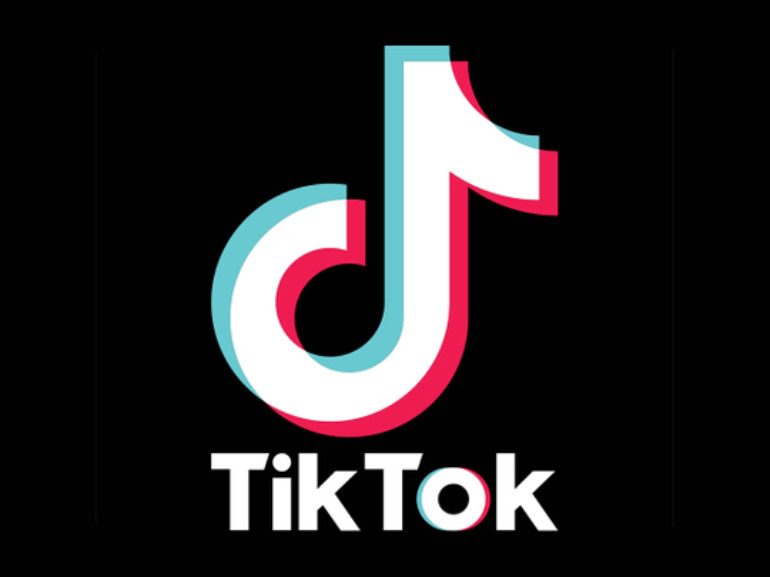

TikTok’s future in the U.S. remains uncertain after a federal appeals court rejected the platform’s bid to overturn a law that could lead to its ban. President Joe Biden also signed the TikTok ban bill, echoing prior action taken by the U.S House of Representatives who signed legislation about the ban. TikTok has vehemently denied these allegations, insisting that it has never shared user data with the Chinese government.
The company argues that the law threatens First Amendment rights by potentially limiting free speech.
According to AP News, on December 6, 2024, the U.S. Court of Appeals for the District of Columbia Circuit ruled against TikTok’s appeal, which challenged a law that mandates the company severed ties with its China-based parent company, ByteDance, or face a ban by mid-January.
This follows similar measures taken by the Canadian government, leading to the shutdown of TikTok’s Canadian offices earlier this year.
The court’s ruling marks a significant blow to the popular social media app, which has been under scrutiny due to alleged national security risks. U.S. officials have expressed concerns that TikTok could be used to collect sensitive user data, potentially allowing the Chinese government to access it. They also warn that the app’s algorithm could be manipulated to influence public opinion in the U.S.
In response to the court’s decision, TikTok vowed to appeal to the Supreme Court, though it remains unclear whether the nation’s highest court will take up the case.
The uncertainty surrounding TikTok’s fate in the U.S. highlights the complex intersection of national security concerns and digital free speech. With no clear resolution in sight, millions of TikTok users are left wondering what’s next for the app.
